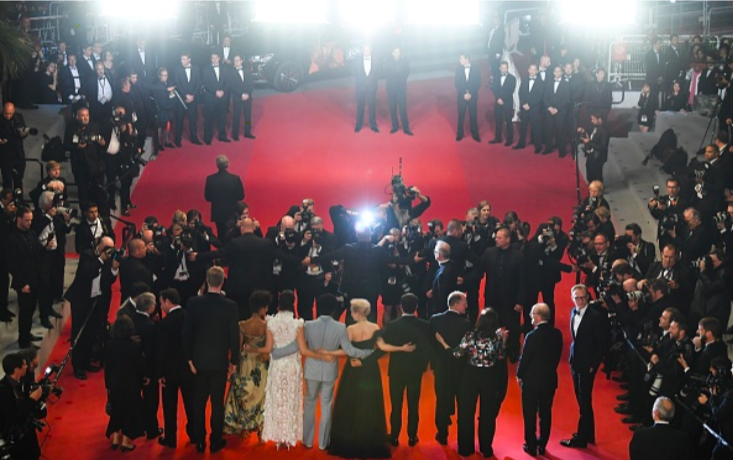In continuation of my mission to discover why toxic fandom is what it is, I’ll now shift from one crazed fictional fan, Annie Wilkes of Misery, to another one: Syndrome, the villain of Disney/Pixar’s The Incredibles, voiced by Jason Lee. Syndrome, with Buddy being his real name, is first introduced as a child as well as our hero Mr. Incredible’s “number-one fan,” as well as adopting the moniker “Incrediboy.”
But after constant rejection by Mr. Incredible about working together, it tears Buddy apart and he no longer declares him a hero. This drives him into a 15-year-long rage, leading him to build deadly weapons in order to become a superhero himself and commit worldwide superhero genocide, with Mr. Incredible and his family nearly succumbing to said fate.
The rage Syndrome exhibits comes from a property, or in this case a person, not meeting his overall expectations to fulfill his sense of belonging. And when a fan gets angry for their favorite property not carrying out what they expected them to do, they get angry. This is another example of when fandom becomes toxic.
A Continuation of the Discussion of Fandom Toxicity
A Disturbance in the Fans
After the release of the lucrative Star Wars: The Force Awakens in December 2015, fans began speculating what Episode VIII, to be released two years later, would be about. Several fan theories were written online and debates were had as to how they thought Disney and Lucasfilm should carry out the continuing story of the Skywalker Saga.
So when Star Wars: The Last Jedi was released last December, something was different. While it did get a hugely positive response from critics, it harshly divided fans. You either liked or hated The Last Jedi. And apparently, if you liked it, you were probably told you weren’t a real Star Wars fan and were betraying the franchise.
Most of the theories proposed did not come true. There was no sense of fulfillment that the fans wanted. Thus, they felt betrayed. Why? Because Star Wars is more than just a film franchise, it’s a staple of pop culture, a huge influence in cinema, and almost even a cult of sorts. So when something feels different or “isn’t good”, it spurs anger, to a nearly villainous level. Because they couldn’t be the writers.
Change Good, Change Bad
In the first part of this series on toxic fandom, I talked about how geek communities were built in order to distance themselves from the norms of society and finding a sanctuary from bullies. But by doing so, bullying in their own communities has become an issue. Depending on the fandom, if there’s one disagreement, someone is ready to go ballistic.
With someone like Syndrome, he projected an image greater than himself next to his idol, hoping the two would be able to work in tandem. But an exclusion left his image of Mr. Incredible shattered, as well as the rest of the world of superheroes. When he declares “When everyone’s super, no one will be”, he’s basically saying if he can’t enjoy something the way he expects to, no one else should. Because it didn’t meet his standards.
So what does this have to do with Star Wars? Well, with the backlash of The Last Jedi, fans felt the need to rip apart other fans for liking the film. Whatever they could do to convince other to hate the film, whether online or in person, it happened. And with that, it led to a “boycott” of Disney, Lucasfilm, and hoping Solo: A Star Wars Story would become a box-office flop. And it was.
Still Not the Last Word on Toxic Fandoms… Yet
This is an age where people cannot grow up and let others enjoy something for their own reasons. This is where bullying starts. I know firsthand because a long time ago, when I was going through my pretentious film student stage, I did feel the need to attack people for whatever disagreement we would have about a film or show.
Things are different now. I loved both The Last Jedi and Solo, despite some misgivings. I’ve been criticized in person for “liking such abominations.” I like them because I’m allowed to. And I don’t feel the need to be entitled and declare what I feel is true fandom. Not everyone can be the “number-one fan.” This mission of mine isn’t over yet.

